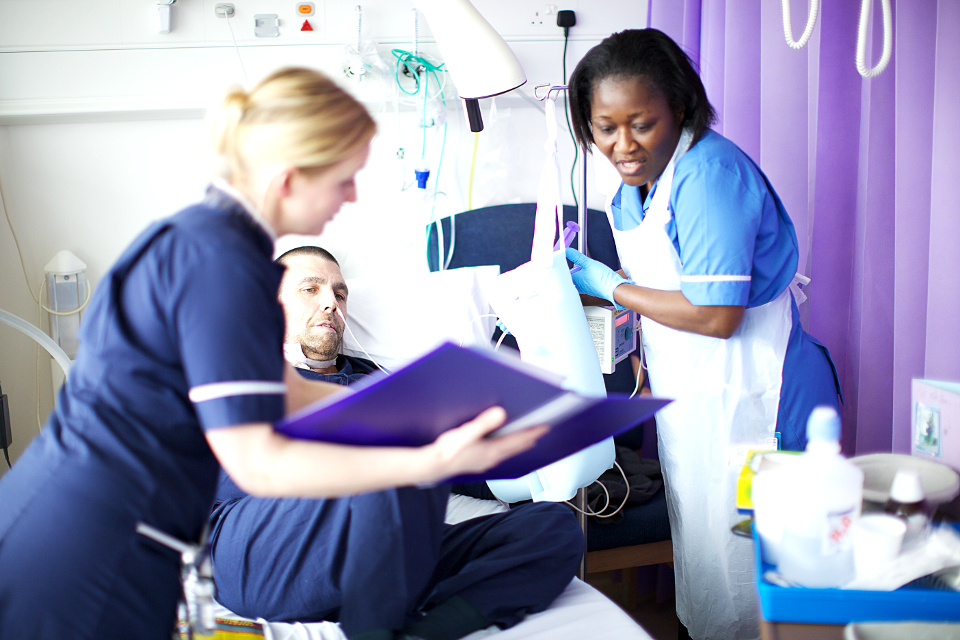Secretary of State for Health: message to NHS staff
Jeremy Hunt’s personal message to all NHS staff following the government's final response to the Francis report.

This week was a major milestone for the NHS, with our final response to the Francis report. It comes on the back of a challenging year of unprecedented scrutiny and transparency. It has not been easy, but I am confident the result will be a profound change in culture that will make our NHS the safest health system in the world.
So I wanted to write personally to all NHS staff to explain some changes that I agonised over for a long time on the incredibly important issue of making it easier for you to speak out if you encounter poor care.
For the first time, there will be an explicit Professional Duty of Candour in both General Medical Council and Nursing and Midwifery Council regulations which makes it clear that if there is any avoidable, unintended or unexpected harm, doctors and nurses have a professional duty to tell the patient and their organisation (and doing so will give some protection if there is a subsequent professional misconduct case).
For all staff, I also need to make sure your bosses encourage rather than discourage you from speaking out if you become aware that any patient is not receiving the safe and compassionate care they deserve. So for the first time hospitals everywhere will have an incentive to report suspected harm quickly and openly, or risk losing some of their protection against successful litigation claims. Of course, I hope no hospital ever finds themselves in that situation, but I want Boards to send out a clear message to everyone: if in doubt, report it.
Another big change is something we have learned from the airline industry, where safety is paramount, and that is the need to report ‘near misses.’ These are occasions when no harm actually happened, but a mistake was made which meant it might have. It is as important to report near misses as it is actual harm because, as President Obama’s safety expert Professor Don Berwick says, every organisation must become a learning organisation when it comes to patient safety.
One of the most inspiring people I have met this year is Helene Donnelly, a nurse in A&E, who faced bullying and harassment when she spoke out about poor care at Mid Staffordshire. The whole of the NHS needs a culture of openness and transparency, whereby reporting and acting on problems becomes the norm and the need for whistle-blowers would vanish - but we have a long way to go to get to this. So all organisations should have systems in place for staff to report concerns anonymously if they do not want to tell their line manager.
Also remember that to support you in raising concerns, the Department of Health funds a freephone helpline offering free, impartial and confidential advice to staff who wish to raise concerns, but are not sure how or what protections they have in law when they do. The helpline number is 08000 724 725.
Finally, I want to thank you for your efforts in the busy run up to winter. Last week I was on the frontline at the Acute Medical Unit at King’s (thanks to Vanessa and her team for looking after me so well - and Linda for showing me how to make an NHS bed to her high standards).
I was struck by two things: just how much pressure everyone is under in the run up to winter. And secondly how challenging it is for hard-working staff when problems in the NHS are hitting the headlines so frequently. Our NHS is doing nearly one million more operations every year on broadly the same budget. It is an incredible achievement - only possible because so many people are working so hard for patients. So let me finish with a big thank you again to everyone.